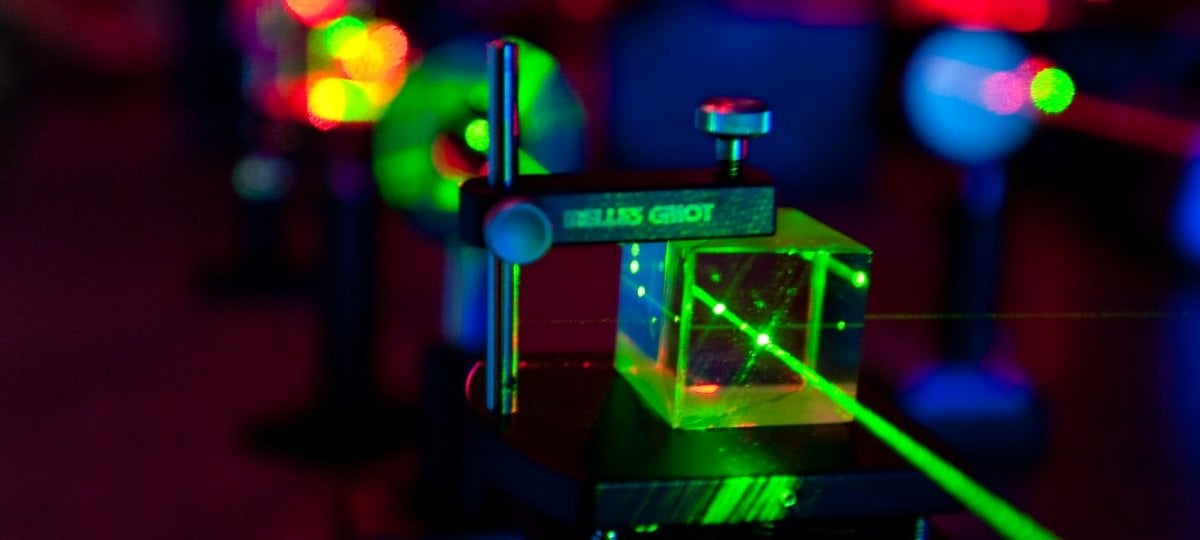A photonics concentration applied to your electrical engineering bachelor's degree from the Department of Electrical and Computer Engineering at Michigan Tech allows undergraduate students majoring in electrical engineering to diversify their studies. Careers may be sought in optics and photonics, as well as electrical engineering.
What is Photonics Engineering?
Photonics engineering is an engineering branch that works with light energy and light information. Similar to electronics, which involves the control of electrons, photonics deals with the control of photons in terms of generating and harnessing light and other forms of radiant energy. Photonics is applied in the areas of energy generation and detection, communications, and information processing.
Lighting the Way to a Better Future
The need for individuals who are qualified to work in optics engineering is at an all-time high, and that demand will increase with technological advancement. Prepare yourself for a field that continues to revolutionize our lives—the reach of photonics applications extends from the Internet to medical imaging to solar energy to display and security technologies. Picture yourself at the forefront of the "information revolution," improving the way we communicate, the way healthcare providers diagnose and treat disease, the way we green the world, or the way we read and interpret data and keep it secure.
Request Information
Form loading . . .
Be Career-Ready
Graduates in photonics and related technology are in high demand globally. This leads to exiting, rewarding and highly paid careers.
Career Opportunities for Photon Controllers
Photonics engineers are at the forefront of the technological revolution, working in cutting-edge industries including:
- Telecommunications
- Nanotechnology
- Laser engineering
- Optical material engineering
- Digital image processing
- Medical imaging/biophotonics
- Optical sensing
- Satellite design


